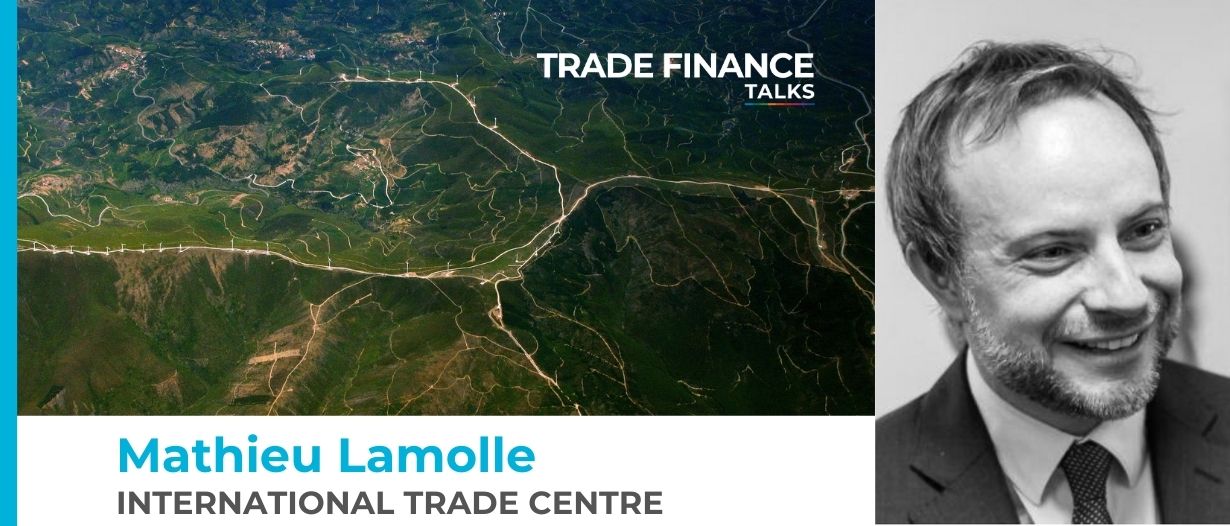International trade and finance has become increasingly complex, with production of goods and services scattered over continents, with regulations interwoven across regions. While globalisation may lead to economic growth and job creation, it can also be linked to issues of environmental degradation and social inequality. Adding to this intricacy is the fact that multiple stakeholders whether businesses, governments, consumers, civil society, or financial institutions all influence international trade and finance. Access to credible data is an essential asset, more so now than ever, for those private and public parties that want to support and monitor sustainable trade and investments.
Traditional and conventional business models build return on investment projections, cost-benefit analyses, profit maximisation, and cost reductions. Sustainable business models bring additional dimensions into the picture. Multiple tools and initiatives have emerged in the context of sustainable trade and investments: voluntary sustainability standards and certifications, international conventions and due diligence frameworks, corporate social responsibility codes of conduct, audit protocols, and corporate reporting to name a few.
Each sustainability initiative offers a certain means of monitoring social and environmental impacts and risks, while providing some level of assurance within its scope and focus, from raw production, processing and manufacturing to retailing, consumption, reuse, and recycling.

The United Nations International Trade Centre (ITC) has developed an online global platform that centralises such credible data and comparable information on the most relevant sustainability initiatives, standards, codes of conduct, and audit protocols. This platform is called Sustainability Map. It offers customised filters to navigate the landscape of standards, identify relevant ones per country, sector or sustainability focus, and perform analyses and comparisons.
As global trade and finance sectors have evolved over the past 20 years, so have the expectations of stakeholders, which brings back the question on credible data on which decisions can be made that support sustainable trade and investments. Nowadays, we expect supply chains to be efficient, traceable, and sustainable. Capabilities to satisfy these expectations have also evolved over time, and the most recent trends indicate an emergence of new technological tools to monitor the sustainability of supply chains. Supply chains are being digitalised more and more through mobile and internet technologies. Artificial intelligence (AI), internet of things (IoT) and block-chain technologies are increasingly used by procurement professionals and investors to track sustainability at each stage of the supply chain.
“As global trade and finance sectors have evolved over the past 20 years, so have the expectations of stakeholders”
Building on the transformation of global value chains, the financial sector has been increasingly looking into the field of sustainability. Today there are more financiers providing what are called “sustainable finance products”. Sustainable finance refers to any form of financial service integrating environmental, social and governance (ESG) criteria into the business or investment decisions for the benefits of both clients and society. The power of sustainable finance is, firstly, that it places a price on risks related to sustainability issues; secondly, that investors can influence corporations in which they invest to apply more sustainable business practices. Therefore, sustainable finance has become a strong incentive for companies to implement more sustainable business practices.

In some countries, central banks also take an active role in enhancing sustainable finance. For example, in 2019 the Bank of Ghana published the Sustainable Banking Principles and urged banks to implement environmental and social risk management policies on projects financed by banks. Commercial banks are also beginning to adjust their lending policies in order to stimulate sustainable companies by giving discounts on loans for sustainable projects.
In view of these recent trends and needs, the Sustainability Map facilitates both traders and investors’ journeys in making sense of sustainability initiatives at their own levels. From SMEs to large multinational trading corporations or investment groups, there is the relevant information and features in the Sustainability Map to enable users to track their sustainability journey and to discover new business or investment opportunities.
International trade and finance impacts millions of people and businesses around the world, both in developed countries and emerging markets. However, with rising issues around environmental degradation, climate change, devastating working conditions and income inequality, concerns have emerged, namely whether businesses and investors respect ethical, labour, and environmental norms – and how these can be monitored and guaranteed. Practical tools such as the Sustainability Map, developed and housed at the United Nations ITC can make a big difference and enhance the level of assurance of sustainability for international trade and finance.

































